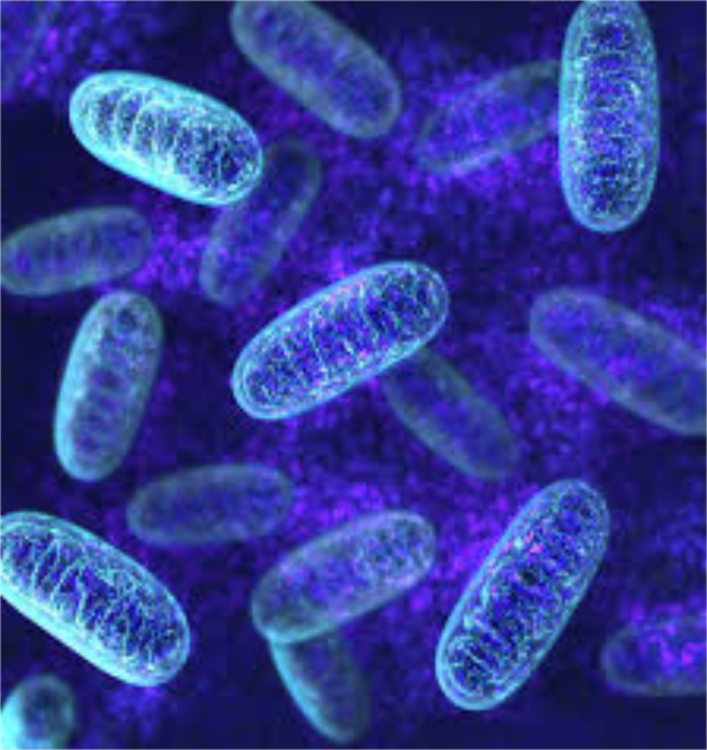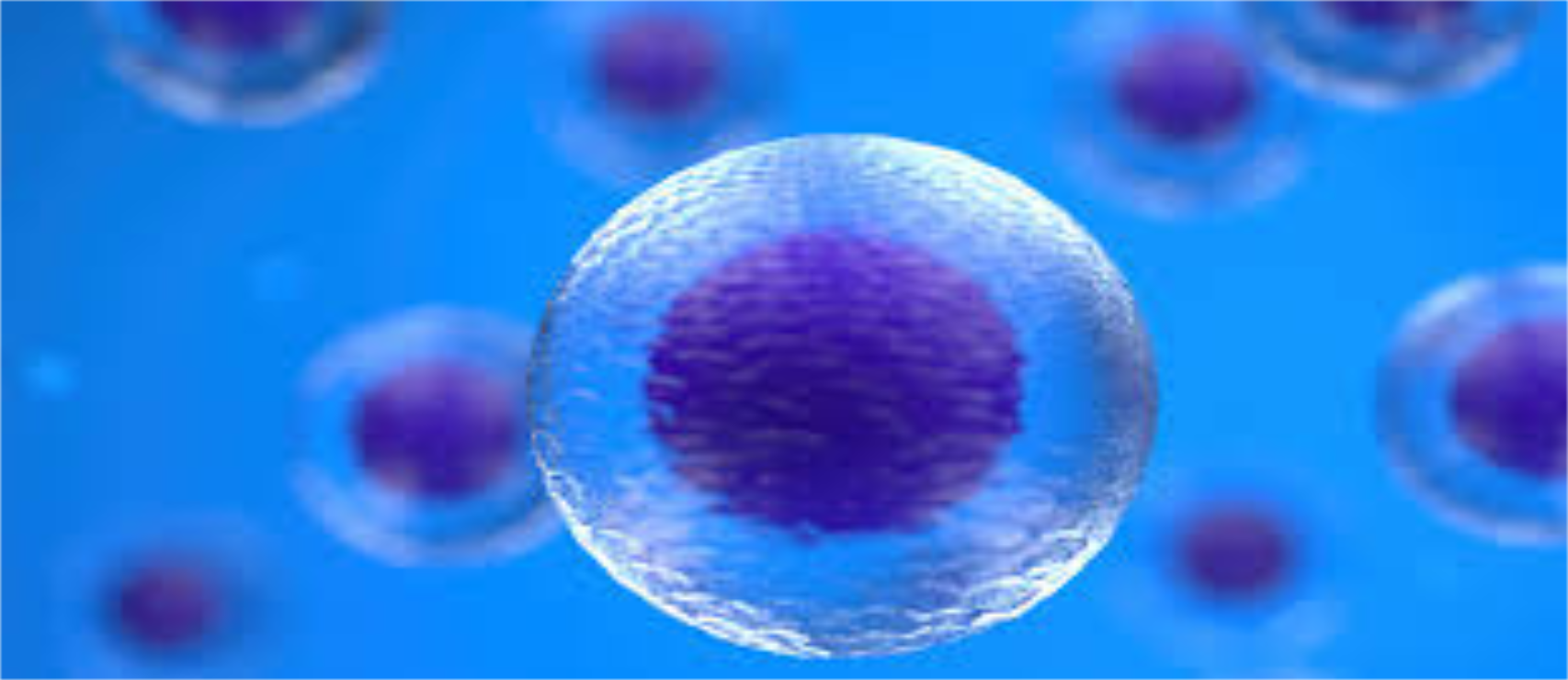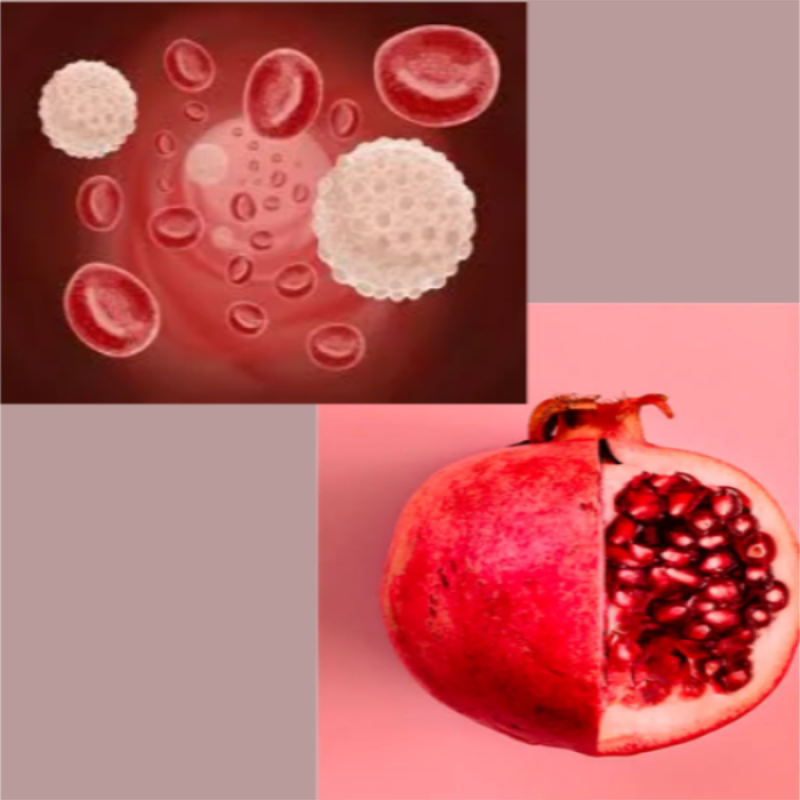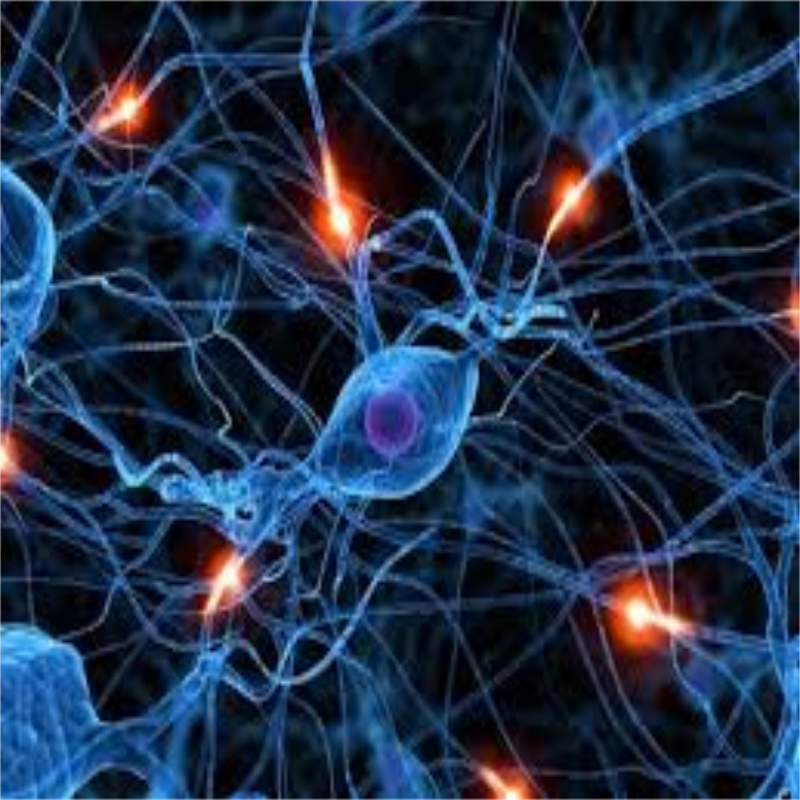Mitochondria are very important as the powerhouse of our body's cells, providing tremendous energy to keep our heart beating, our lungs breathing and our body functioning through daily renewal. However, over time, and with age, our energy-producing structures, mitochondria, become susceptible to damage and lose their ability to function effectively. Fully functioning mitochondria are essential to the life of an individual. However, mitochondria are also highly susceptible to damage from a variety of sources, including oxidative stress, inflammation, and environmental toxins. These factors can cause damage to mitochondrial DNA, impairing their ability to produce ATP and other essential compounds.
Fortunately, our body selectively removes damaged and dysfunctional mitochondria from our cells through mitochondrial autophagy in order to maintain better health and to avoid some negative effects of these damaged mitochondria, according to studies that show that the process of mitochondrial autophagy has a role in anti-aging. Let's understand the link between mitochondria and anti-aging!

What are the roles of mitochondria?
Mitochondria are important organelles that produce energy in our cells. Their main role is to produce adenosine triphosphate (ATP), which is the energy currency of our cells. The more mitochondria we have, the more ATP we can produce, which leads to increased energy and decreased fatigue. Among the main roles it plays are:
(1) providing energy and metabolic intermediates to the body
(2) Mitochondrial autophagy recognizes damaged mitochondria and selectively removes them, and the removal of these damaged mitochondria promotes the biosynthesis of new mitochondria.
(3) It can play a role in inhibiting cell death by removing mitochondria
(4) It has been linked to the development of a range of health problems, including heart disease, neurodegenerative diseases and even some forms of cancer.
What is the connection between mitochondria and anti-aging?
Studies have shown that as we age, clearance through mitochondrial autophagy is dysregulated, which means that mitochondrial cells are less able to clear their functions. Without optimized quality control mechanisms such as mitochondrial autophagy, cellular damage may be accelerated.
In animal studies, extended lifespan has been seen when genes regulating mitochondrial autophagy are expressed, suggesting that mitochondrial autophagy and longevity are correlated. In addition, impaired mitochondrial autophagy is commonly seen in several age-related diseases, including Parkinson's and Alzheimer's disease, heart disease, and cancer, suggesting that interventions targeting mitochondrial autophagy may have a role in disease prevention and treatment. Ultimately, the key to aging gracefully lies in understanding and supporting the extremely complex processes that keep the body functioning. By working to promote healthy mitochondrial autophagy and making lifestyle choices that prioritize our well-being, we can unlock the secrets to a long and healthy life!

How to increase mitochondrial autophagy
(1) Consider phased fasting and calorie restriction
Studies have shown that mitochondrial autophagy can be stimulated by a variety of lifestyle interventions. For example, exercise has been shown to increase mitochondrial autophagy, thereby improving mitochondrial function. In addition, dietary interventions such as intermittent fasting or calorie restriction can also stimulate mitochondrial autophagy, resulting in increased healthy mitochondria.
(2) Irregular exercise
Exercise is the simplest and easiest to adhere to. It can promote health and longevity as well as improve mitochondrial function as well as induce mitochondrial autophagy, so exercise can be reasonably scheduled with some strength, aerobic and endurance training to increase mitochondrial autophagy.
(3) Urolithin A is a molecule that triggers mitochondrial autophagy
Urolithin A is a metabolite compound produced by the conversion of ellagic tannins by intestinal bacteria. Its precursors are ellagic acid and ellagitannin, which can be found in many edible plants, such as pomegranate, strawberries, raspberries, walnuts, etc., but not that it is present in food, because only some bacteria can convert ellagitannin to urolithin. And urolithin A, an organic compound formed from dietary precursors, is the substance that has been shown to trigger mitochondrial autophagy.
The importance of mitochondrial autophagy
Mitochondrial autophagy is a natural and important process that helps maintain healthy mitochondria within our cells. This process involves identifying damaged or dysfunctional mitochondria and selectively removing them from the cell to make way for new, viable mitochondria to replace them. At the same time, the process of mitochondrial autophagy helps ensure that our body's energy levels remain stable and that our cells and tissues remain healthy and functional.


In conclusion, maintaining healthy mitochondria is critical to our overall health and well-being, and our cells have evolved a process called mitochondrial autophagy to ensure that we have a continuous supply of healthy mitochondria. However, lifestyle interventions (such as exercise) and dietary interventions (such as a ketogenic diet) and the use of supplements can support mitochondrial function and help prevent age-related diseases. By taking care of our mitochondria, we can ensure that we have the energy and vitality we need to live a full life.
In addition, we can clearly know the link between mitochondria and anti-aging, as we age, the mitochondrial autophagy process is impaired, that is, it leads to the accumulation of mitochondria in the cells, for which fasting, calorie restriction, urolithin A, etc. can trigger mitochondrial autophagy and can improve health and anti-aging, where both NAD+ and urolithin A contribute to the production of new mitochondria through a process called biogenesis process called biogenesis; however, urolithin A has another important function. It optimizes a process called mitochondrial autophagy, in which damaged mitochondria are removed and recycled into newer, more efficient mitochondria. Many people in our lives may not be able to sustain exercise for long periods of time, but the featured product we offer, Urolithin A, can provide optimal health.
Q: Are there specific foods in your life that can help prevent premature aging?
A: Yes, some foods rich in antioxidants, vitamins and minerals can help promote healthy skin and slow down the aging process. Examples include fruits, vegetables, lean proteins and healthy fats.
Post time: Jun-01-2023




